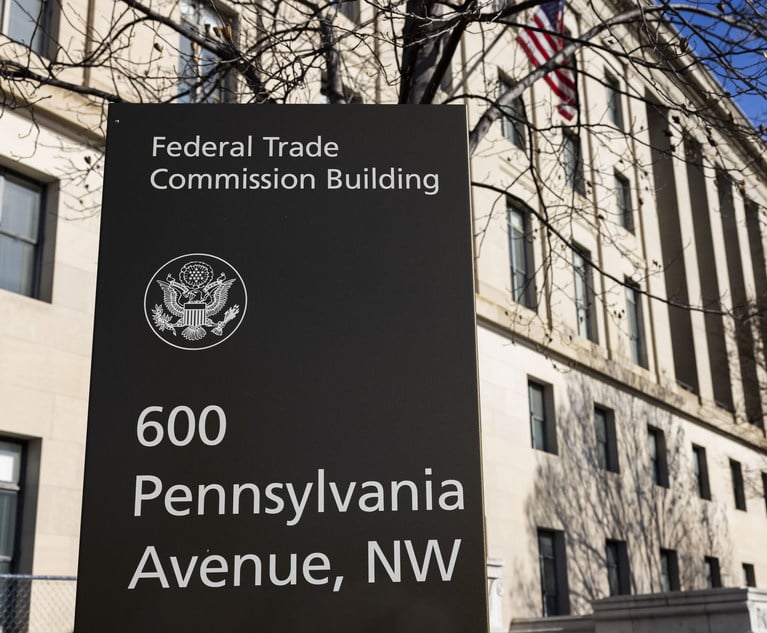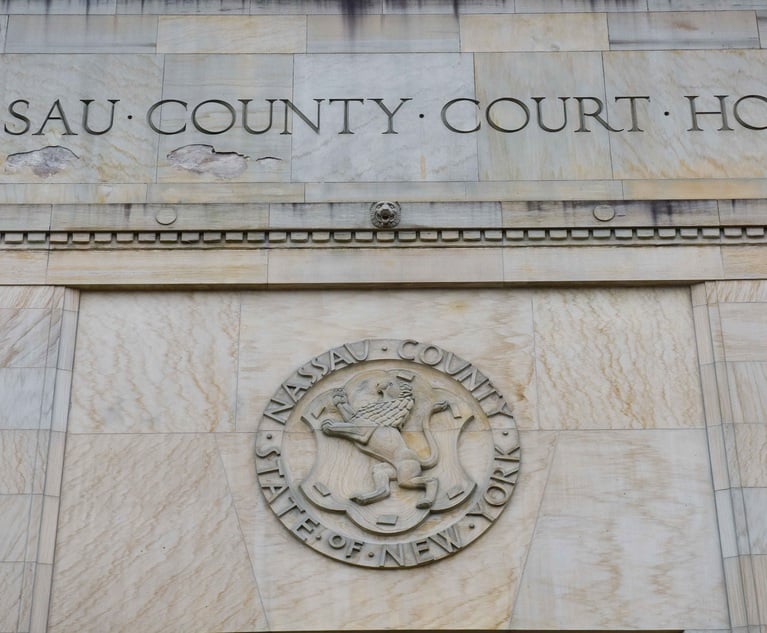A recurring issue in civil litigation is whether and under what circumstances opposing counsel may be subject to deposition discovery in an ongoing case. That issue was at the forefront of a recent appeal before the Eighth Circuit, in Smith-Bunge v. Wisconsin Central, Ltd., 946 F.3d 420 (8th Cir. 2019).
 Plaintiff-appellant Todd Smith-Bunge worked for defendant-appellee Wisconsin Central, Ltd., a rail carrier, as a welder. Smith-Bunge v. Wisconsin Central, Ltd., No. 15-cv-4383 (RHK/LIB), 2017 WL 3834734, at *1 (D. Minn. Aug. 31, 2017). His job responsibilities included driving a welding track. In 2013, Wisconsin Central suspended Smith-Bunge without pay, and he successfully sued the company for unlawful retaliation. Smith-Bunge v. Wisconsin Central, Ltd., 60 F. Supp. 3d 1034 (D. Minn. 2014). Thereafter, Smith-Bunge accidentally drove his truck into a train’s path. Smith Bunge asserted that his brakes had malfunctioned, but an expert hired by Wisconsin Central concluded that Smith-Bunge was the sole cause of the crash. Wisconsin Central fired Smith-Bunge, and Smith-Bunge once again sued Wisconsin Central for retaliation, basing his claim on his 2013 lawsuit, the 2014 faulty-brakes report, and a 2014 injury report.
Plaintiff-appellant Todd Smith-Bunge worked for defendant-appellee Wisconsin Central, Ltd., a rail carrier, as a welder. Smith-Bunge v. Wisconsin Central, Ltd., No. 15-cv-4383 (RHK/LIB), 2017 WL 3834734, at *1 (D. Minn. Aug. 31, 2017). His job responsibilities included driving a welding track. In 2013, Wisconsin Central suspended Smith-Bunge without pay, and he successfully sued the company for unlawful retaliation. Smith-Bunge v. Wisconsin Central, Ltd., 60 F. Supp. 3d 1034 (D. Minn. 2014). Thereafter, Smith-Bunge accidentally drove his truck into a train’s path. Smith Bunge asserted that his brakes had malfunctioned, but an expert hired by Wisconsin Central concluded that Smith-Bunge was the sole cause of the crash. Wisconsin Central fired Smith-Bunge, and Smith-Bunge once again sued Wisconsin Central for retaliation, basing his claim on his 2013 lawsuit, the 2014 faulty-brakes report, and a 2014 injury report.









